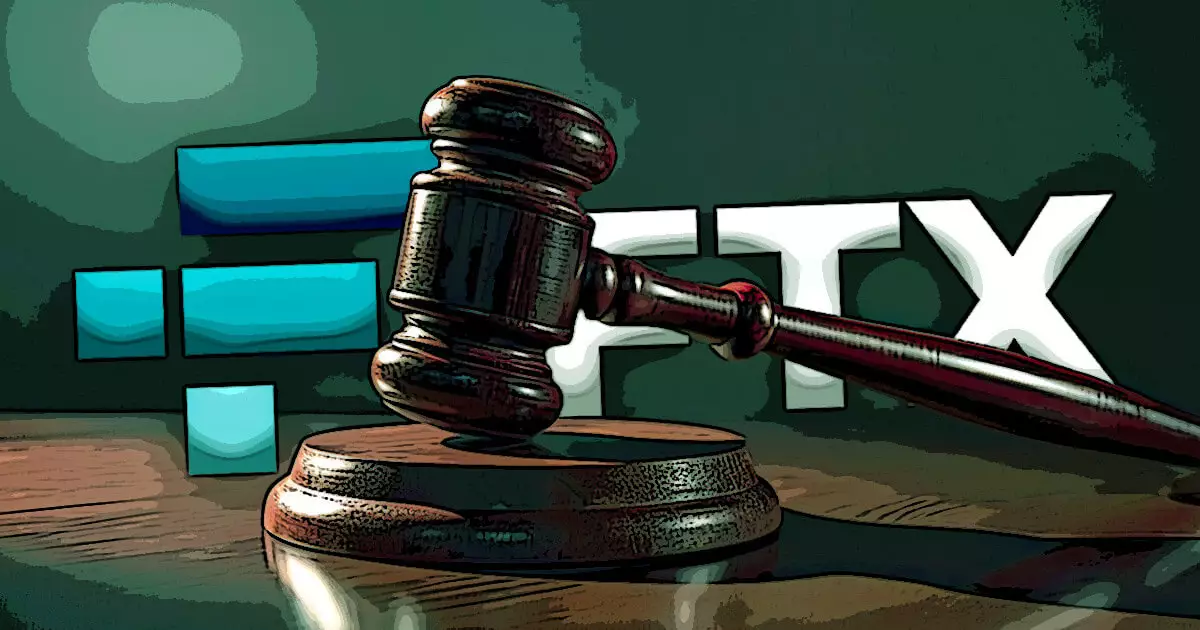In a legal filing on September 22, the once reputable law firm Fenwick & West attempted to dismiss a class action suit that accused them of being partly responsible for fraudulent activity at FTX, a cryptocurrency trading platform. Fenwick & West mounted a robust defense, addressing the key allegations made against them in an attempt to have the lawsuit dismissed. Let’s delve into the details to gain a deeper understanding of the defense presented by Fenwick & West.
The class action suit initiated by customers in August alleged that Fenwick & West was complicit in FTX’s fraudulent activities. The plaintiffs claimed that Fenwick had acted outside the scope of representation, had knowledge of FTX’s fraud, directly assisted in the fraudulent activities, and participated in a Racketeer Influenced and Corrupt Organizations (RICO) enterprise. These allegations formed the basis of the customers’ legal claims against the law firm.
Fenwick & West firmly defended itself against the plaintiffs’ allegations. The firm argued that the plaintiffs failed to provide sufficient evidence that Fenwick had acted outside the scope of their representation. Moreover, Fenwick refuted the accusations of their knowledge and assistance in FTX’s fraudulent activities. They stressed that they had only represented FTX and were not responsible for the actions of FTX’s former CEO, Sam Bankman-Fried, who the plaintiffs repeatedly attributed the fraud to. Fenwick stated that they were just one of the many law firms representing FTX and their involvement was routine.
The law firm also addressed the controversial services that were brought up in the lawsuit. These services included employing lawyers who later joined FTX, creating companies used for fraudulent activities, and providing regulatory compliance advice related to cryptocurrency trading. Fenwick clarified that the plaintiffs did not argue that these services were inherently wrong or legally actionable. Instead, they claimed that Fenwick was liable because they provided legal services while having knowledge of FTX’s fraudulent actions.
One of the key points highlighted by the plaintiffs was an email from 2021 in which Daniel Friedberg, a former Fenwick employee, acknowledged cash-sharing between FTX and its sister firm, Alameda Research. The plaintiffs used this email as evidence to support their claim that Fenwick was aware of FTX’s wrongdoing. Fenwick countered this argument by denying that the existence of the email indicated their awareness of the alleged fraudulent activities at FTX. They emphasized that inferences made about their monitoring and diligence policies based on this email were unfounded.
Fenwick & West’s legal filing aimed to have the class action suit dismissed based on the lack of substantial evidence supporting the plaintiffs’ claims. By addressing each key point raised by the customers, the law firm presented a strong defense against the allegations of their involvement in FTX’s fraudulent activities. However, the final outcome of the case remains uncertain, and it will ultimately be up to the court to decide whether the class action suit against Fenwick & West will proceed or be dismissed.
The class action suit filed against Fenwick & West by FTX customers has drawn attention to the law firm’s alleged involvement in the cryptocurrency platform’s fraudulent activities. In response, Fenwick & West mounted a robust defense, refuting the allegations and arguing that they were only responsible for representing FTX within the boundaries of their scope. As the legal battle unfolds, the outcome of this case will have significant implications for both Fenwick & West and the broader legal landscape surrounding cryptocurrency trading.


Leave a Reply